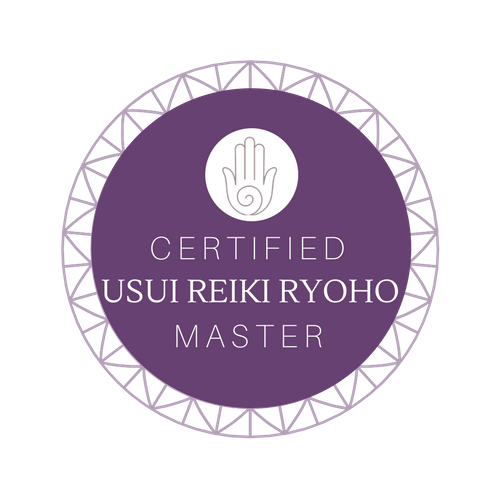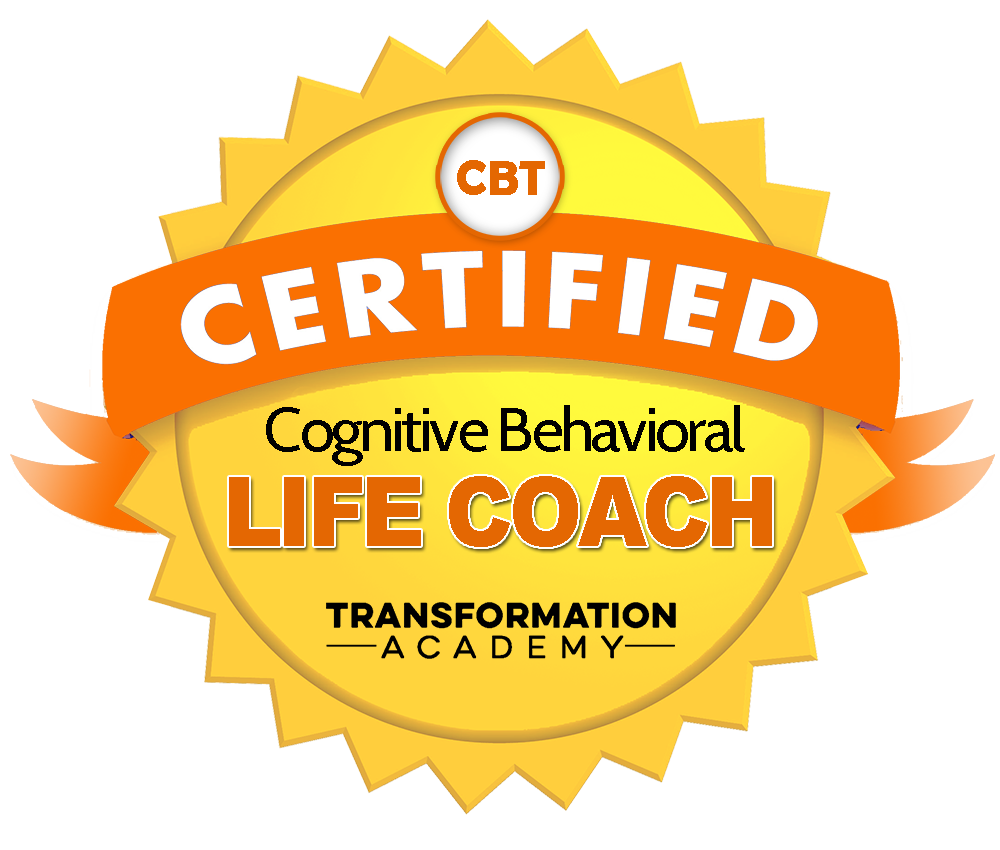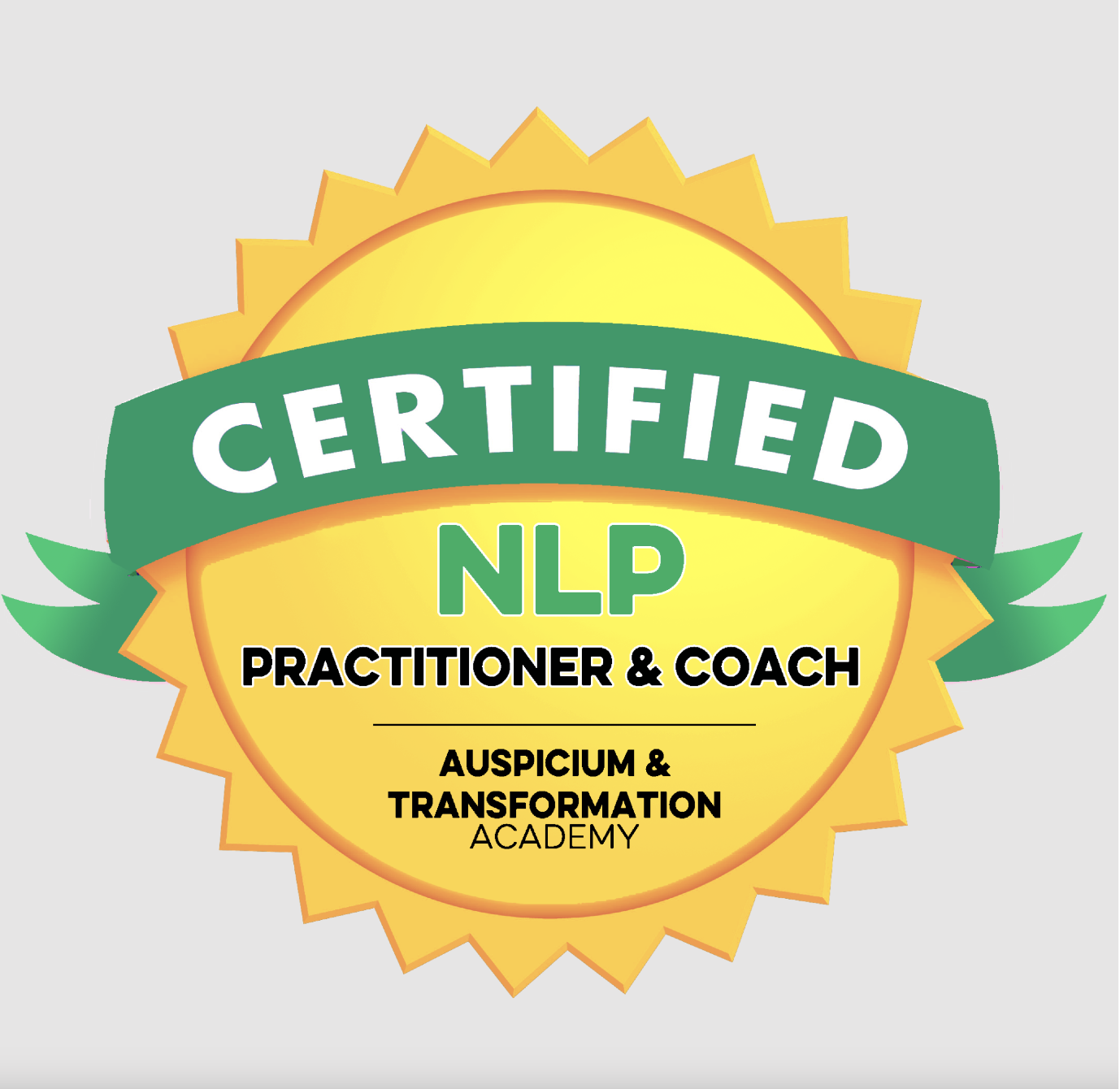Mastering Anger: Finding Peace and Control Through Zen

Understanding Anger and Its Impact on the Body
Anger, though often seen as a negative emotion, is a normal response to frustration, injustice, or unmet expectations. However, unresolved anger can manifest physically, causing tension in the neck, back, stomach, and other areas of the body. Chronic stress from anger can lead to headaches, digestive issues, and even long-term health problems. Recognizing these physical manifestations is the first step toward addressing the root causes of anger.
When anger becomes overwhelming, it can feel impossible to manage. The emotional intensity may cloud judgment and lead to impulsive actions. However, it is crucial to remember that anger is not inherently bad. Instead, it is how we respond to anger that determines its impact on our lives. By developing healthy coping mechanisms, we can channel this powerful emotion constructively.
Naming and Owning Your Anger
One of the most effective ways to manage anger is to name it. Identifying and acknowledging your feelings is a crucial step toward understanding them. When you feel angry, take a moment to say, “I am angry because…” This practice helps you gain clarity about the source of your frustration and prevents the emotion from festering.
Similarly, if you experience physical pain related to anger, name the pain. For example, you might say, “I feel tension in my shoulders” or “My stomach feels upset.” By naming your pain, you create a sense of ownership and responsibility, empowering yourself to address it.
The Role of Breathing and Relaxation
Breathing exercises are a cornerstone of anger management. When you feel anger rising, take a step back from the situation and focus on your breath. Inhale deeply through your nose, hold for a few seconds, and exhale slowly through your mouth. This simple practice calms the nervous system, reduces tension, and creates a pause between your emotions and actions.
Counting can also be a helpful tool. As you breathe, count to ten slowly. This technique not only distracts you from the immediate trigger but also gives you time to assess the situation more objectively.
Confronting Tension and Stress
Anger often builds up over time, creating layers of tension in the body and mind. Ignoring or suppressing these feelings can lead to physical and emotional burnout. It is essential to confront your tension head-on, even if it feels uncomfortable. Each day you avoid addressing your anger, you add to the stress your body carries.
Pretending everything is fine when it is not is unfair to yourself and those around you. Authenticity and honesty are vital in managing anger. Acknowledge your feelings and take proactive steps to release them constructively.
The Zen Approach to Anger Management
Zen philosophy offers profound insights into managing anger and achieving inner peace. At its core, Zen emphasizes mindfulness, self-awareness, and the importance of living in the present moment. By incorporating Zen principles into your daily life, you can transform your relationship with anger.
Meditation for Inner Peace
Meditation is a powerful tool for managing anger. By practicing Zen meditation, you train your mind to observe your thoughts and emotions without judgment. This practice helps you recognize anger as a passing state rather than a permanent condition. Over time, meditation reduces the intensity and frequency of anger, allowing you to respond to challenges with greater composure.
Avoiding Reactivity
Zen encourages a calm and measured approach to life’s challenges. When you practice Zen, you become less likely to jump to conclusions or react impulsively. Instead, you develop the ability to pause, reflect, and choose a response that aligns with your values.
Embracing Positivity
Zen promotes a mindset of gratitude and acceptance. By focusing on the positive aspects of your life, you shift your energy away from anger and toward appreciation. This shift not only improves your emotional well-being but also strengthens your relationships and overall outlook on life.
The Benefits of Managing Anger Through Zen
Integrating Zen principles into your anger management routine offers numerous benefits. Beyond controlling your temper, Zen fosters a sense of inner peace and balance. You’ll notice improvements in your mental clarity, emotional resilience, and physical health.
Zen also enhances your relationships. When you manage your anger effectively, you communicate more openly and empathetically, reducing conflicts and building stronger connections with others. Furthermore, by practicing self-care and mindfulness, you set a positive example for those around you.
Practical Steps to Master Anger
- Identify Triggers: Reflect on the situations or people that often trigger your anger. Understanding your triggers allows you to anticipate and prepare for challenging moments.
- Practice Mindful Breathing: Incorporate deep breathing exercises into your daily routine. Even a few minutes of mindful breathing each day can make a significant difference in how you respond to stress.
- Adopt a Zen Practice: Dedicate time each day to Zen meditation or mindfulness practices. Start with short sessions and gradually increase the duration as you become more comfortable.
- Create a Safe Space: When you feel anger rising, step away from the situation and find a quiet space to collect your thoughts. Use this time to reflect and regain control.
- Seek Support: Share your journey with trusted friends, family, or a therapist. Talking about your feelings can provide valuable insights and emotional relief.
In Summary
Anger, when managed constructively, can be a powerful force for personal growth and transformation. By acknowledging your anger, practicing mindfulness, and embracing Zen principles, you can turn this challenging emotion into a source of strength and clarity. Remember, anger is not inherently bad, it is how you respond to it that matters. With dedication and self-awareness, you can cultivate a peaceful and balanced life, free from the destructive grip of uncontrolled anger. Through Zen, you can find harmony within yourself and the world around you, creating a life of greater joy and fulfilment.
Click the link below to book your free clarity call or free virtual coffee chat.
Grab a copy of our newletter by completing the form below, this will then be sent to your inbox every month.
My Affirmation For The Week
"Creativity is contagious. Pass it on."









